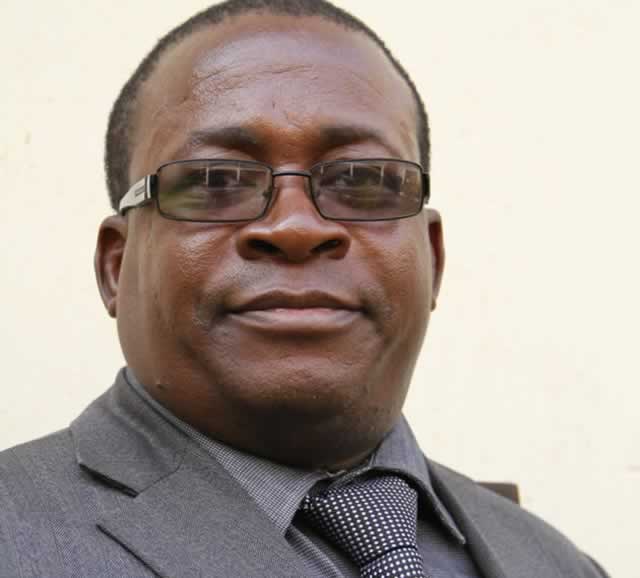Sadc security forces urged to join hands on health

Lovemore Chikova in VICTORIA FALLS
Security forces from the Sadc region have been urged to interact more closely to share ideas on health concerns such as HIV and Aids and come up with common solutions.
The call was made by Health and Child Care Deputy Minister Dr Paul Chimedza in his keynote address to a Zimbabwe Defence Forces health conference here yesterday.
The ZDF conference attracted army personnel in the health sector from the defence forces of Angola, Mozambique, Namibia, Swaziland and Tanzania.
“It is our desire that as Sadc health forces we interact so often and share ideas on health matters and share ideas on challenges and also share ideas on solutions,” Dr Chimedza said.
“What we may be struggling with here, you might have already dealt with in your country. So, this is something that we value and when we see you here we find it very gratifying to us and we know that we are thinking and walking together.”
Dr Chimedza said although Government was trying its best to improve infrastructure such as transport, communication and human resources, more still needed to be done.
“We have to also appreciate that the Government has put in infrastructure and human resources,” said Dr Chimedza.
“Where we have deficit and gaps we have invited donors and we accordingly direct them where we think they are useful.”
Dr Chimedza said the donors were mainly directed to the provision of medicines and drugs, with clinics now at 90 percent capacity of drugs stocks.
He said the way health care was being financed was not adequate and that there was need to remodel the support system.
“I was quite excited that the issue of the national health insurance fund has already been talked about,” said Dr Chimedza.
“NSSA ran with it for a while and it couldn’t take off. The Ministry of Health is exercising its mind constantly on how we can come up with a national health insurance fund that covers everybody.
“Not just people that work – the people that are selling their tomatoes, people that are tilling their land in the rural areas, people that are herding cattle, people that are herding goats – everyone will be covered.”
Dr Chimedza said a situation in which only 5 percent of the population was covered by medical aid was not tenable.
He commended Chitungwiza Central Hospital chief executive Dr Obadiah Moyo for turning the public hospital into a modern facility.
“Some of the facilities at Chitungwiza Hospital are just as good as the Avenues Clinic, but it’s a public hospital.
“Now, how does a CEO do that and be successful and Harare Central Hospital is not as successful and other hospitals are not as successful? It’s leadership, that’s where it rises and falls.”










Comments